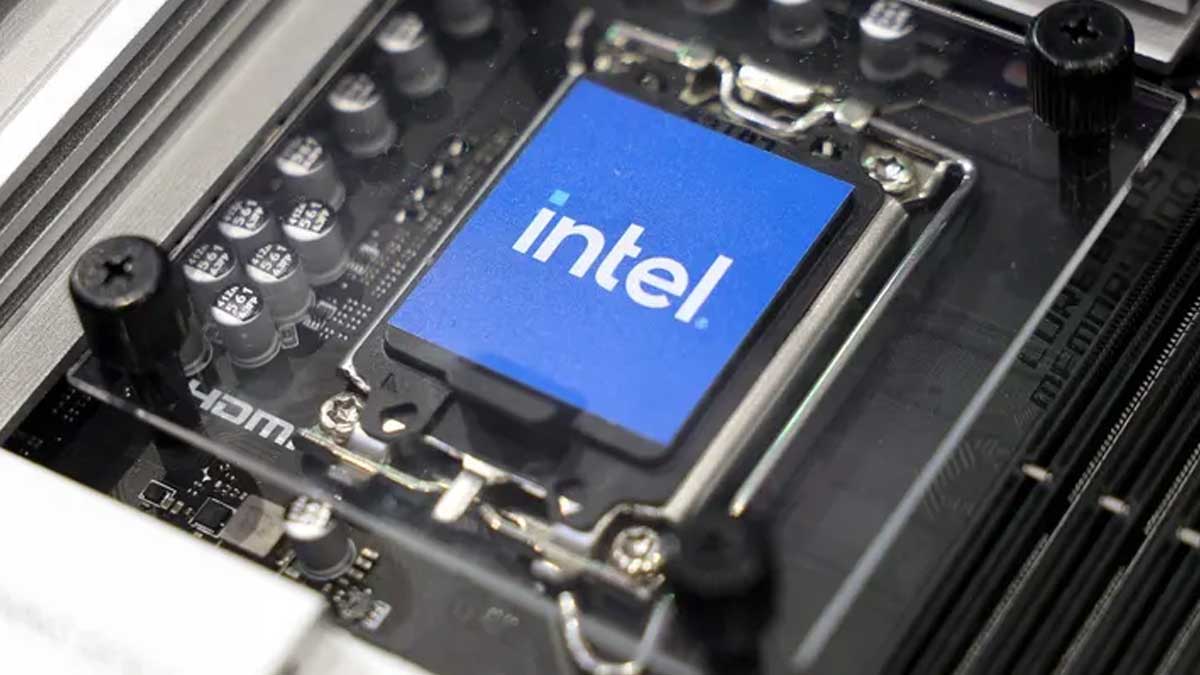- Home
- Billionaires
- Investing Newsletters
- 193CC 1000
- Article Layout 2
- Article Layout 3
- Article Layout 4
- Article Layout 5
- Article Layout 6
- Article Layout 7
- Article Layout 8
- Article Layout 9
- Article Layout 10
- Article Layout 11
- Article Layout 12
- Article Layout 13
- Article Layout 14
- Article Sidebar
- Post Format
- pages
- Archive Layouts
- Post Gallery
- Post Video Background
- Post Review
- Sponsored Post
- Leadership
- Business
- Money
- Small Business
- Innovation
- Shop
Recent Posts
2024’s Biggest S&P 500 Losers: Walgreens, Lululemon, Intel

As the S&P 500 surged to unprecedented highs at the beginning of 2024, several major companies lagged significantly behind, showcasing a stark contrast to the overall market’s performance. Among the notable laggards, Walgreens, Lululemon, Intel, and Boeing stood out for their particularly poor showings.
Walgreens, the nation’s leading pharmacy chain, emerged as the most significant underperformer on the S&P 500. The company’s stock price plunged by 52% over the first six months of the year, marking its lowest point since the mid-1990s. This dramatic decline is largely attributed to Walgreens’ strategic decision to close up to 25% of its stores, a move driven by declining profitability and shifting consumer behavior. Analysts are projecting that Walgreens will report its worst annual profit since 2013, reflecting broader challenges within the retail pharmacy sector.
Lululemon, known for its premium athletic wear, is the second-worst performer in the S&P 500, with its stock down 42% year-to-date. Despite its reputation for high-quality products, the company is facing significant headwinds. Analysts predict that Lululemon will report its worst annual revenue growth since it went public in 2007, excluding the fiscal year affected by the COVID-19 pandemic. This underperformance is attributed to increased competition in the athletic apparel market and a slowdown in consumer spending.
Intel’s situation is particularly striking given the booming interest in artificial intelligence and technology stocks. The semiconductor giant has seen its shares drop 38% in the first half of the year. This decline contrasts sharply with the performance of rivals like Nvidia, which have thrived amid the AI surge. Intel’s struggles stem from a prolonged downturn in its business, exacerbated by increased competition and a series of operational challenges. The company’s Q1 2024 earnings before interest, taxes, depreciation, and amortization (EBITDA) totaled $1.8 billion, marking its second-lowest Q1 figure since at least 2000. This figure represents a substantial decline from $10.3 billion in Q1 2020, highlighting Intel’s ongoing difficulties in maintaining its market position.
Boeing, another major player in the aerospace industry, has also struggled, ranking 10th among the worst performers on the S&P 500 with a 30% decline in its stock price. Boeing’s challenges have been compounded by a series of public relations disasters and operational issues, including malfunctions in its commercial aircraft. These problems have led to a Justice Department investigation, a congressional hearing, and a significant drop in quarterly revenues, which have reached their lowest point in two years. Boeing has now endured a five-year streak of negative profits, further underscoring the company’s ongoing financial difficulties.
In the entertainment sector, Warner Bros. Discovery and Paramount Global have faced significant setbacks. Warner Bros. Discovery, which saw its stock fall 35%, reported a substantial net loss of $966 million in Q1. The company’s struggles are attributed to a range of financial challenges, including the potential loss of NBA broadcasting rights, which caused a 10% single-day selloff in late April. Paramount Global, down 33%, also experienced financial difficulties, with a Q1 net loss of $563 million. Paramount’s stock experienced an 8% drop in June after the company ended negotiations for a sale to Skydance Media, which is led by David Ellison.
Other notable underperformers on the S&P 500 include EPAM Systems (-37%), Albemarle (-33%), Globe Life (-32%), MarketAxess (-31%), and Paycom (-31%). These companies have faced a variety of sector-specific and operational challenges contributing to their poor stock performance.
Tesla, the leading electric vehicle manufacturer, recorded the largest market value loss among S&P 500 companies, shedding $170 billion in the first half of the year. Tesla’s shares fell by more than 20% following its third consecutive quarter of negative earnings growth. Analysts forecast a further 35% year-over-year decline in Q2 2024, reflecting ongoing concerns about the company’s financial trajectory.
On the broader Russell 3000 index, which includes a wider range of U.S.-listed companies, Aerovate Therapeutics stands out as the worst performer. The company’s market capitalization plummeted from over $600 million to below $50 million this year due to the suspension of its sole product, a blood pressure treatment, from clinical testing. Among large-cap stocks, Rivian, another electric vehicle maker, also reported difficulties, including its 11th consecutive quarter of significant cash burn.
Despite these notable declines, the overall S&P 500 index achieved an all-time high in the first half of 2024, with less than 40% of its constituent stocks experiencing declines. This contrast highlights the disparity between the broader market’s gains and the significant struggles faced by some high-profile companies.
Recent Posts
Categories
- 193cc Digital Assets2
- 5G1
- Aerospace & Defense44
- AI32
- Arts3
- Banking & Insurance11
- Big Data3
- Billionaires230
- Boats & Planes1
- Business308
- Careers13
- Cars & Bikes66
- CEO Network1
- CFO Network17
- CHRO Network1
- CIO Network1
- Cloud10
- CMO Network18
- Commercial Real Estate7
- Consultant1
- Consumer Tech156
- CxO1
- Cybersecurity53
- Dining1
- Diversity, Equity & Inclusion4
- Education7
- Energy8
- Enterprise Tech29
- Events11
- Fintech1
- Food & Drink2
- Franchises1
- Freelance1
- Future Of Work2
- Games135
- GIG1
- Healthcare74
- Hollywood & Entertainment156
- Houses1
- Innovation37
- Investing2
- Investing Newsletters4
- Leadership65
- Lifestyle10
- Manufacturing1
- Markets20
- Media184
- Mobile phone1
- Money13
- Personal Finance2
- Policy544
- Real Estate1
- Research6
- Retail1
- Retirement1
- Small Business1
- SportsMoney23
- Style & Beauty1
- Success Income1
- Taxes2
- Travel10
- Uncategorized6
- Vices1
- Watches & Jewelry2
- world's billionaires200
Related Articles
Elon Musk’s Net Worth Hits Record High After Tesla Surge
Elon Musk has reached a new financial peak, becoming the wealthiest person...
By 193cc Agency CouncilNovember 23, 2024Adani Group Faces Scrutiny Amid U.S. Bribery Charges
Billionaire Gautam Adani’s conglomerate, the Adani Group, has been thrust into the...
By 193cc Agency CouncilNovember 22, 2024Bezos Denies Musk’s Election Claim in Latest Feud
Elon Musk, the world’s richest individual, ignited a fresh flare-up in his...
By 193cc Agency CouncilNovember 22, 2024Nvidia Stock Hits Record High Before Volatile Post-Earnings Swing
Nvidia’s stock experienced a whirlwind trading session Thursday, briefly touching an all-time...
By 193cc Agency CouncilNovember 22, 2024















Leave a comment